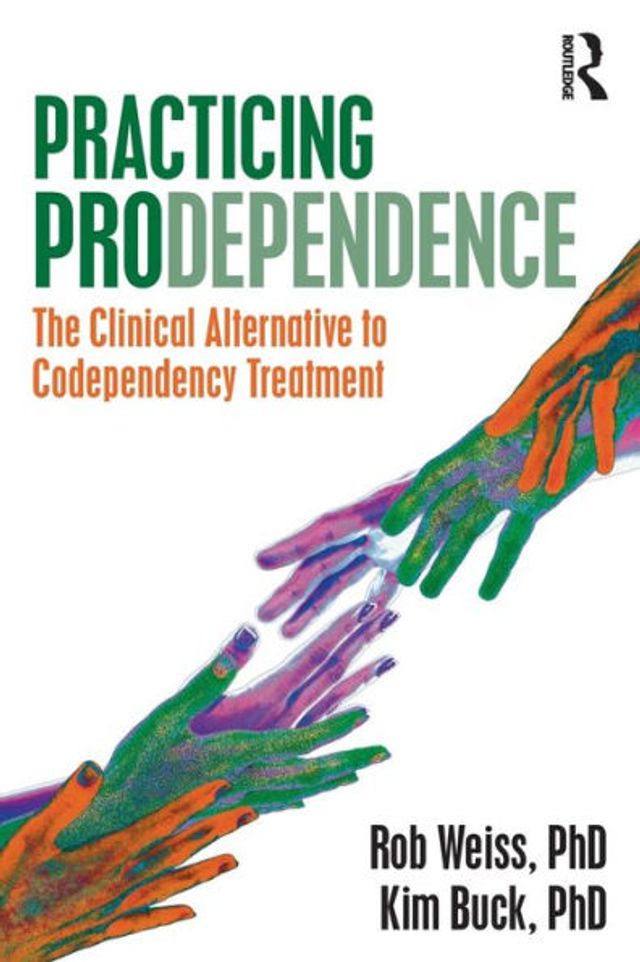Home
Practicing Prodependence: The Clinical Alternative to Codependency Treatment
Barnes and Noble
Practicing Prodependence: The Clinical Alternative to Codependency Treatment
Current price: $170.00


Barnes and Noble
Practicing Prodependence: The Clinical Alternative to Codependency Treatment
Current price: $170.00
Size: Hardcover
Loading Inventory...
*Product information may vary - to confirm product availability, pricing, shipping and return information please contact Barnes and Noble
In
Practicing Prodependence: The Clinical Alternative to Codependency Treatment,
Drs.
Weiss and Buck present a new social and psychological model of human interdependence-focused treatment for families and loved ones of addicts.
Unlike Codependence, Prodependence
celebrates the human need for and pursuit of intimate connection, viewing this as a positive force for change. This strength and attachment-based model is focused on accepting and celebrating human connection in ways that are healthy and life affirming for each person - even in the face of addiction. In this way, Prodependence presents a new paradigm through which loved ones can learn to love more effectively, without bearing shame or judgment for the valuable help they give.
This book will assist counselors, therapists, and addiction professionals in improving the ways they treat loved ones of addicts and other troubled people, teaching readers how to offer clients more dignity for their suffering than blame for the problem.
Practicing Prodependence: The Clinical Alternative to Codependency Treatment,
Drs.
Weiss and Buck present a new social and psychological model of human interdependence-focused treatment for families and loved ones of addicts.
Unlike Codependence, Prodependence
celebrates the human need for and pursuit of intimate connection, viewing this as a positive force for change. This strength and attachment-based model is focused on accepting and celebrating human connection in ways that are healthy and life affirming for each person - even in the face of addiction. In this way, Prodependence presents a new paradigm through which loved ones can learn to love more effectively, without bearing shame or judgment for the valuable help they give.
This book will assist counselors, therapists, and addiction professionals in improving the ways they treat loved ones of addicts and other troubled people, teaching readers how to offer clients more dignity for their suffering than blame for the problem.


















